Three quarters of the physical health problems that are presented for treatment at my surgery are related to poor nutrition and dietary imbalance. Pet birds are no different from their human owners e.g. “they are what they eat”. However, “getting the diet right”, is not a simple matter.
Birds come from many different parts of the world and many different environments. Their dietary requirements have developed as a result of utilising available wild foods. For example, parrots that originate from dry inland areas of Australia, (galahs, corellas, cockatiels, and budgerigars) need a diet that is low in fat. Whereas, birds from rainforest environments, (Eclectus, Macaws, Amazons etc) require a higher fat content in their diet. When feeding pet birds it is important to consider their geographic origins and where possible attempt to create a balanced diet that fulfils their nutritional needs. Many pet bird owners fail to understand this concept.
Many owners of pet birds make the mistake of thinking that they can treat their parrot like their dog. However, unlike pet dogs that have evolved as human companions over thousands of years, birds are not ‘domesticated’. Dogs have adapted to eat the table scraps of their human masters. The dietary needs of the birds are more specialised. Yet these specialised needs are often ignored as a result of ignorance and apathy. Many well-meaning owners condemn their pet birds to a short and unhealthy life by restricting them to a seed and water only diet. Chronic malnutrition is one of the insidious problems that shorten the lives of many pet birds. For example, the life-span of cockatiels in the wild is 20-25 years. However, in captivity they are lucky to reach 10-12 years of age, with the majority dying around 4-6 years of age. Seed only diets cause obesity and malnutrition as they are high in fat and lacking in essential vitamins and minerals.
Birds on a seed and water diet are often presented with obesity related problems. Obesity puts stress on bones, joints and internal organ systems. Health problems associated with obesity include: liver problems, circulatory and respiratory problems, clotting disorders, diabetes and pancreatic disorders, fatty tumours, bumble foot. Fatty liver disease is one of the most commonly presented problems at my surgery. Birds suffering from this condition often have sparse feathering which has a ‘greasy’, dark pigmented appearance (e.g. the bright ‘black and yellow’ cockatiel, or the ‘deep pink and charcoal grey’ galah). Their immune system is weakened and they are susceptible to many secondary infections.
Dietary imbalance also results in problems associated with malnutrition. Lack of critical nutrients in a bird’s diet can make them seem old before their time. Vitamins A, D and calcium are the most common nutrients missing in poor diets. Vitamin A plays an important role in maintaining the integrity of the skin and mucous membranes. It also plays a part in the function of the immune system, contributes to normal reproduction and the growth of bones and has a role in the maintenance of healthy cells. Vitamin D helps to absorb calcium from the gut and regulates blood calcium levels in the body. Calcium nutritional deficiencies can result in the bones becoming weak and brittle.
Obesity, malnutrition and their associated health problems can be corrected by a well-balanced diet. The basis of a healthy diet consists of commercial pellets or low fat seed mixes and vitamin supplements. These should be combined with fresh fruit and vegetables and a variety of ‘wild foods’. Wild foods include fresh seeding grasses, chick weed, dock weed, milk thistle, blossoms and nuts and seed pods from native trees. The dietary specifics will vary in accordance to the type of bird being fed.
However, obesity can still be a problem even though birds are provided with a healthy, balanced diet. Any animal will become fat if they eat too much food. A single pet cage bird without exercise or stimulation will over-eat. Parrots need to chew in order to maintain their beak in good condition. Beaks grow like our fingernails and chewing helps to keep them in shape. If there is nothing in the cage for the bird to chew on, it will chew on its food. Therefore it is essential that pet parrots are provided with natural, healthy alternatives on which to chew. Fresh, green , leafy branches from Australian native trees, gum nuts, seed pods, pine cones, etc, should be provided on a daily basis. Not only will the fresh ‘browse’ help keep beaks in good condition, it will also be a source of ‘occupational therapy’ for the pet parrot. Chewing green leafy branches also provides some of the additional vitamins and minerals required to keep birds healthy.
It is important to remember parrots are flock animals and in the wild, young birds learn what is good to eat by following the flock. In captivity, hand-raised birds identify with humans as their “flock”. This is why your birds will want to eat what you are eating, whether it is healthy or not. It is your responsibility, as a bird owner, to teach your birds how to eat healthily. Birds should never be fed dairy products, coffee, tea or alcohol. Always be guided by what they would eat in the wild. Remember that the majority of physical health problems in pet birds originate from dietary deficiencies.
© Peter Wilson July 2010
Information supplied by (c) Currumbin Valley Vet Services August 2010
FAQs
Birds from different parts of the world have evolved to utilise specific wild foods found in their native environments. For example, parrots from dry inland areas of Australia require a low-fat diet, whereas birds from rainforest environments, such as Eclectus, Macaws, and Amazons, require a higher fat content in their diet. This variation in dietary needs is a result of the different nutritional resources available in their respective habitats. Therefore, when caring for pet birds, it is crucial to consider their geographic origins and strive to create a balanced diet that meets their specific nutritional requirements. Neglecting this aspect can lead to health problems and a shortened lifespan for these beautiful avian companions.
Pet bird owners often overlook the importance of considering their bird’s geographic origins when it comes to diet. They may mistakenly assume that all birds can be fed a universal diet, similar to how domesticated dogs can eat table scraps. However, birds have more specialised dietary requirements that should be met to ensure their overall health and longevity. To find out what you should be feeding your bird, visit some exotic vets nearby for advice.
Feeding pet birds a seed and water only diet can lead to chronic malnutrition and various health problems. Seeds are high in fat and lack essential vitamins and minerals, resulting in obesity, malnutrition, and a weakened immune system. Birds on such diets are prone to conditions like fatty liver disease, obesity-related joint and organ problems, clotting disorders, and diabetes. This will no doubt end with you searching online for an “exotic pet clinic near me”.
Dietary imbalance in pet birds can result in malnutrition, causing them to age prematurely. Critical nutrients such as vitamins A, D, and calcium are commonly missing in poor diets. Vitamin A is essential for healthy skin, mucous membranes, immune function, reproduction, and bone growth. Vitamin D aids in calcium absorption and regulates blood calcium levels. Calcium deficiency can weaken the bird’s bones, making them brittle and susceptible to fractures.
Yes, a well-balanced diet can help correct obesity and malnutrition in pet birds. It should consist of commercial pellets or low-fat seed mixes, vitamin supplements, fresh fruits and vegetables, and a variety of “wild foods” that mimic their natural diet. These may include fresh seeding grasses, chickweed, dock weed, milk thistle, blossoms, and nuts and seed pods from native trees. The specific dietary requirements may vary depending on the type of bird.
Obesity can still be a problem for birds even with a healthy, balanced diet. Birds that lack exercise or stimulation in their cages may overeat. Additionally, parrots need to chew to maintain their beak health, as beaks continually grow. Providing natural, healthy alternatives for chewing, such as fresh, green, leafy branches from Australian native trees, gum nuts, seed pods, and pine cones, can help prevent overeating while promoting beak health and providing essential vitamins and minerals.
Pet parrots, in particular, identify humans as their “flock” since they are hand-raised in captivity. As flock animals, birds learn what is good to eat by observing and following their flock in the wild. Therefore, it becomes the responsibility of bird owners to teach their birds healthy eating habits. It is essential to avoid feeding birds dairy products, coffee, tea, or alcohol and instead offer them foods that resemble their natural diet in the wild. Remember, many health problems in pet birds originate from dietary deficiencies, so proper nutrition is vital for their well-being.
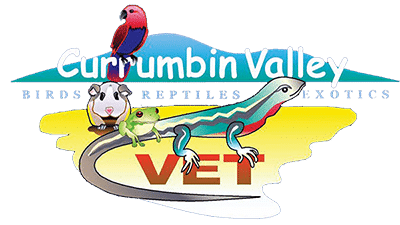
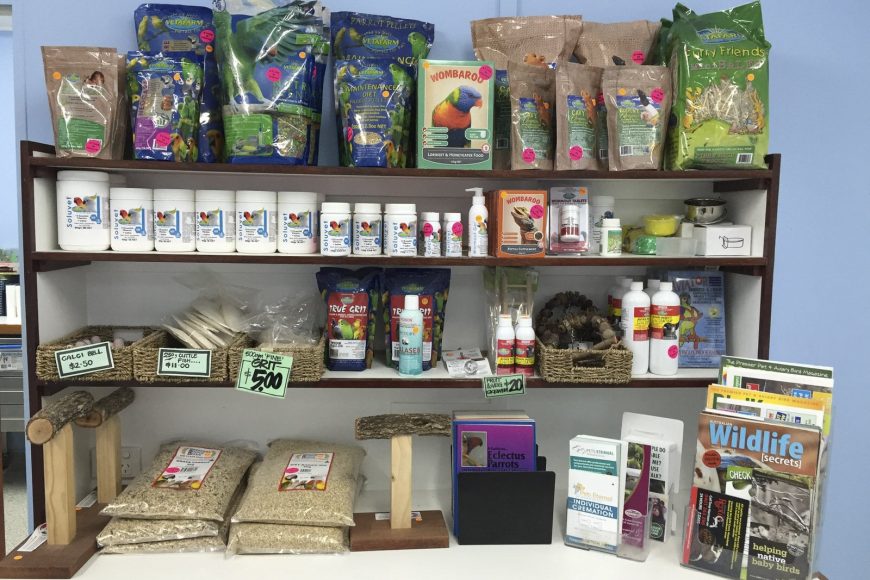
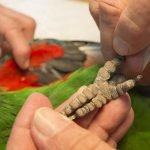
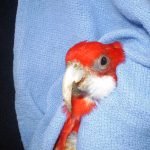

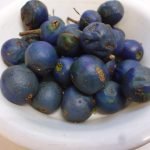
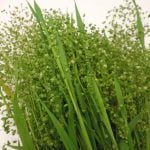
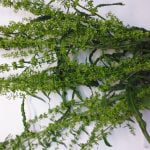
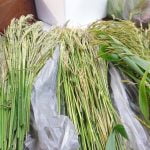

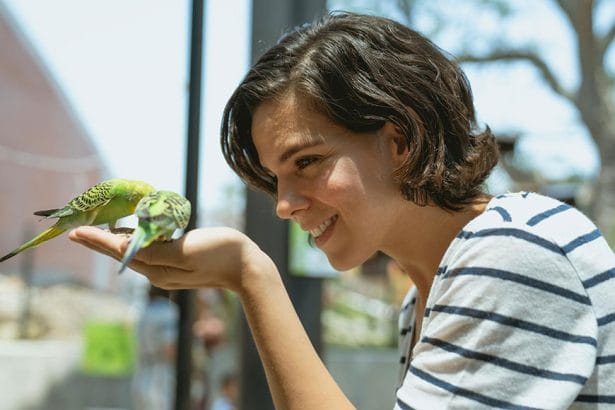
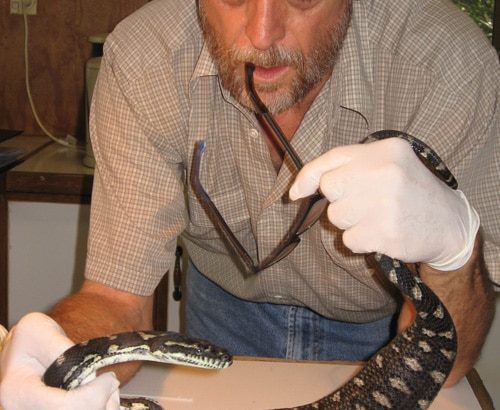

Excellent information. I breed Love Birds and Budgies in Thailand as a hobby. I am a retired Australian and finding valid information locally is difficult.
Thanks
Peter
Can you tell me if pear trees are toxic to parrots please? There seems to be a lot of controversy over this in bird communities online.